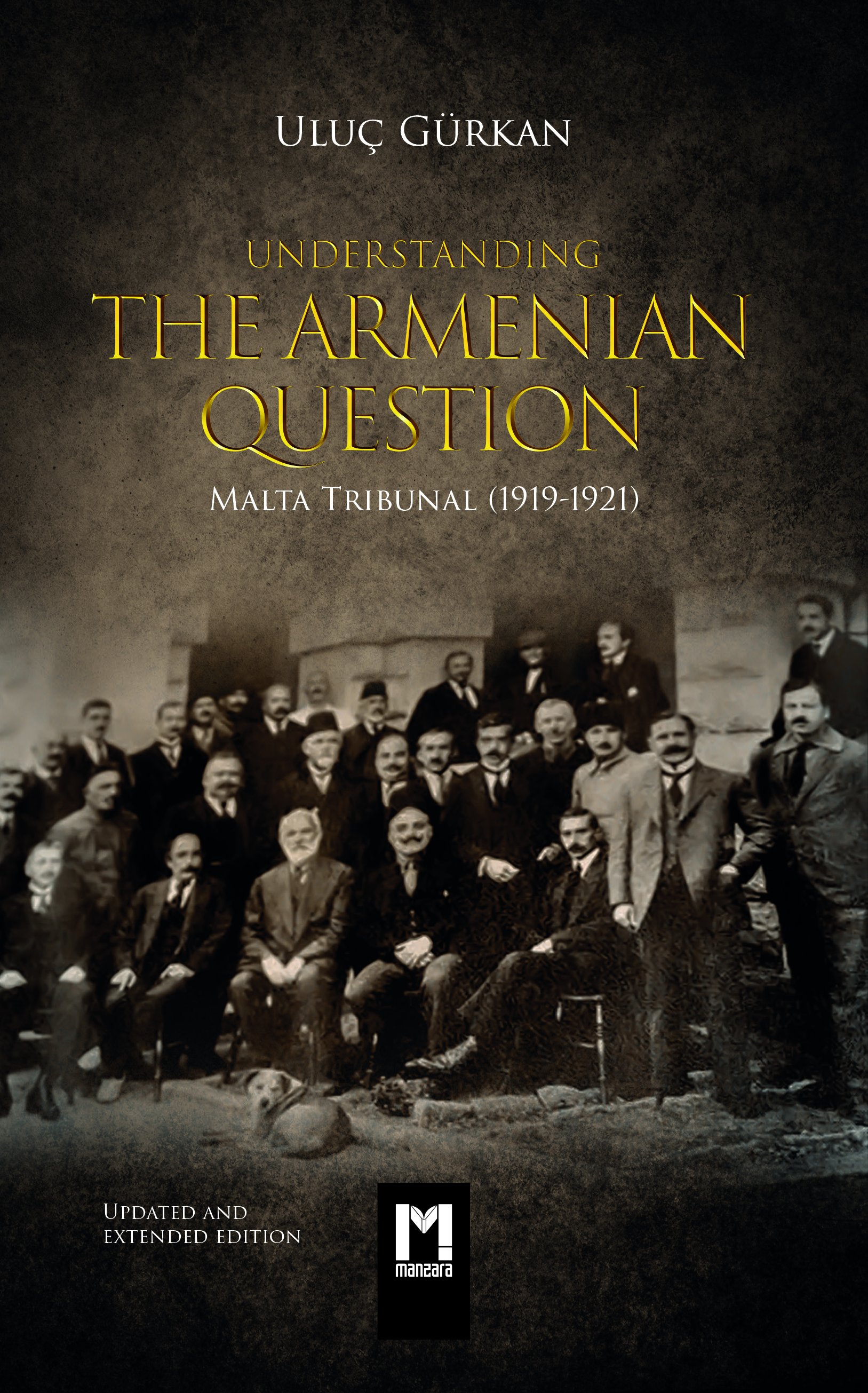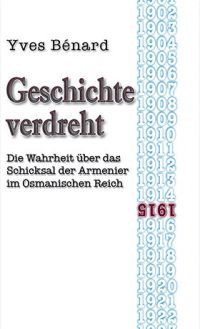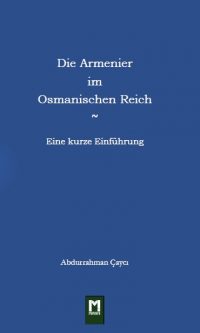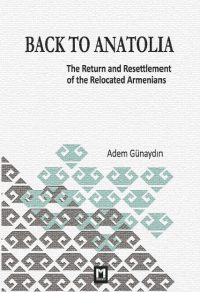Beschreibung
Following the end of the First World War, the defeat of the Ottoman Empire and the Moudros Armistice Agreement, Allied warships occupied the former capital, Istanbul, on 13 November 1918. Britain arrested 144 people, mostly leaders of the Committee for Unity and Progress (CUP), on charges of “massacring Armenians” and took them to the island of Malta for trial. The investigation was conducted by the British Attorney General’s Office in London, which invoked Articles 230 and 231 of the Treaty of Sèvres. After the occupation of Istanbul, the British confiscated the Ottoman archives and took extensive material to London.
In its search for evidence to support the accusation of “Armenian massacres”, the British Crown Prosecution Service also approached the USA, Egypt, Iraq and the Caucasus countries through the Foreign Office, asking them to send archival documents relating to possible crimes to the Crown Prosecution Service in London. The British government left no stone unturned to bring the Ottoman-Turkish representatives detained in Malta to justice.
Even when the investigating authority informed the British government that there was no incriminating evidence against the accused in the archives of the requested countries, 10 Downing Street replied that if a legal case could not be opened, a political case would have to be opened, which was rejected by the Public Prosecution Service.
In a letter dated 29 July 1921, the British Attorney General’s Office informed the British government that “on the basis of the evidence available”, none of the Turks imprisoned in Malta could be punished for the “massacre of the Armenians”. As a result, London had to release the Turks detained in Malta. The investigations carried out by the British Attorney General’s Office between 1919 and 1921 against Ottoman officials are of great legal and political significance, as Armenian lobby groups have been putting pressure on national parliaments for decades to recognise the events of 1915 as an “Armenian genocide”.
Uluç Gürkan brilliantly succeeds in presenting the events of the First World War and the Armenian question from a legal and historical perspective in an accessible language. According to Gürkan, the aim of the Malta Trial was to indict and convict the imprisoned Turkish representatives. In 1921, a British court released the 144 defendants imprisoned in Malta for lack of evidence.






Bewertungen
Es gibt noch keine Bewertungen.